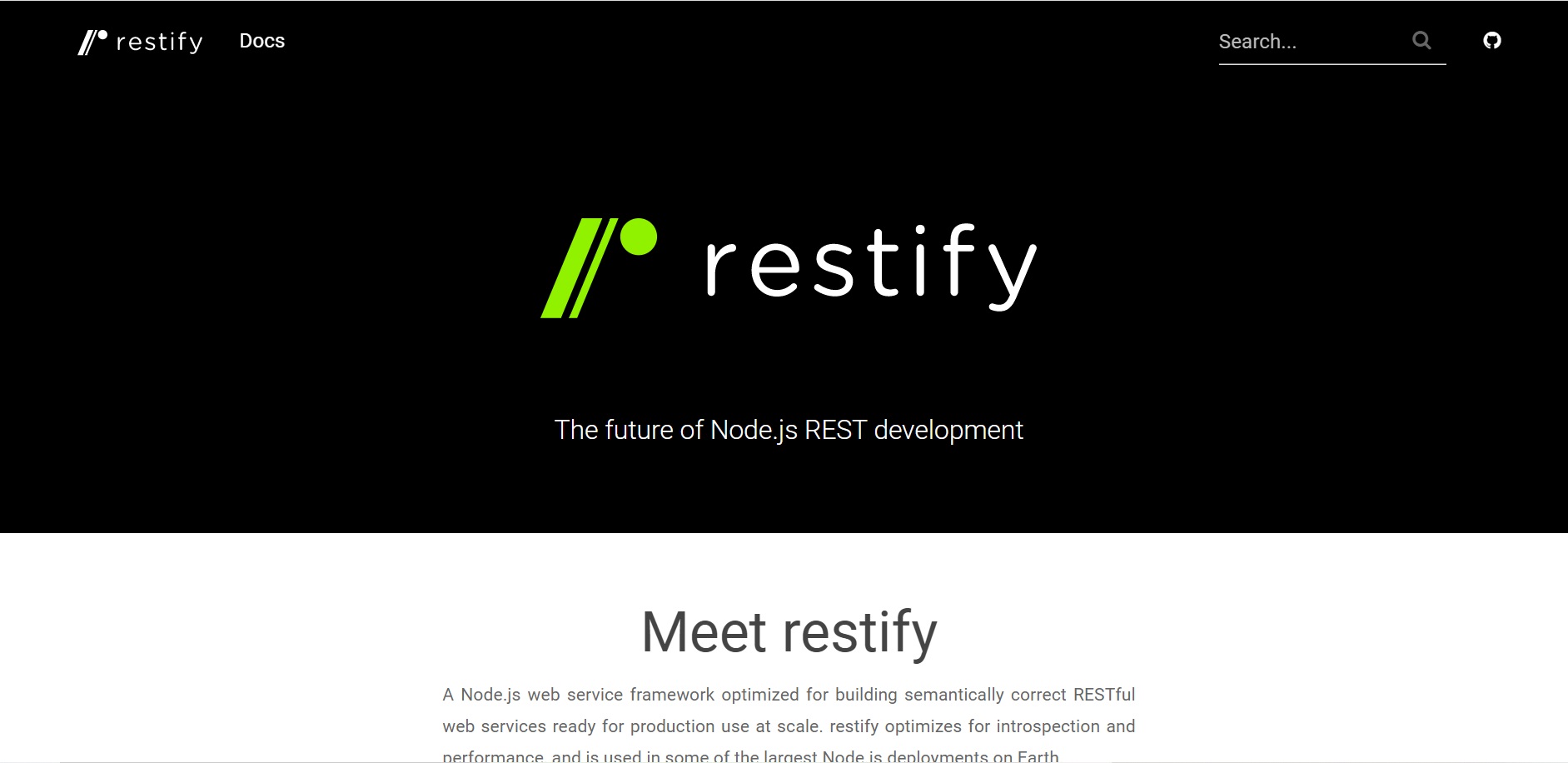
- #Pass data between routes express node to pug template how to
- #Pass data between routes express node to pug template code
- #Pass data between routes express node to pug template license
Background: HD188553, NASA/JPL-Caltechįollowing the parameterized route the guardian. Pass useful data from the server to the client (not just a static Hello there) Add client-side Javascript to add dynamic elements to the page (D3.js is a great way to make data visualizations) Integrate Socket.
#Pass data between routes express node to pug template code
The following code sets up a simple HTTP server with Express.js.Ĭonsole.log(`Server started at port $`) Prerequisites: Complete all previous tutorial topics, including Express Tutorial Part 5: Displaying library data.
#Pass data between routes express node to pug template how to
In particular, we'll discuss how to write forms to create, update, and delete documents from the site's database.
#Pass data between routes express node to pug template license
It will be created after the author and license fields are over. In this tutorial we'll show you how to work with HTML Forms in Express using Pug. If you want some other name, like app.js, you can do the naming here. Due to a trademark issue, the name was changed from Jade to Pug when the. Template engines allow us to add data to a view and generate HTML dynamically. Express is capable of handling server-side template engines. Now there is one field called entry point where you can give a name to your main file (. What is Pug It’s a template engine for server-side Node.js applications. Inside /node-project, we will create the package.json file for our Node.js + Express.js application typing the below command.įill the name, version, description and other such fields with your own values. You define routing using methods of the Express app object that correspond to HTTP methods for example, app.get () to handle GET requests and app.post to handle POST requests. For an introduction to routing, see Basic routing.

Until then, you can use something like this instead of require.Create a working directory for your project, say, /node-project. Routing refers to how an application’s endpoints (URIs) respond to client requests.

pug file under the same directory: touch views/index. This variable value will be passed from the server to the template by route handlers defined in the API, also known as controllers. Require.resolve with paths and non-existent directory returns incorrect local file when using. Notice that this template uses the title variable to render the document title of a page.

pug, you would likely write something like this: - const mappings require('./cssModules.json') Unfortunatelly, this will not work. json file in the same folder, and you want to require. You can see it here and watch if it gets fixed: Passing require to pug templates has one issue while requiring local files. There is a bug with require.resolve when passing paths as an option.

If I explicitly pass require as my local then the path would be the folder of that file where I passed local require. That is from where I render my pug templates so that is from where it is available. If I do ('./') inside any of my pug files, it will show me that the path in which resolve happens is inside my routes. I also didn't pass in process.env but it is also available. I didn't have to pass require statement to my pug locals. babelrc.js and populate paths by yourself. In case it is of any use, you can also send and receive data in the same request if you prefer, as in your comment this seems to be what you are trying to do. You can either pass manually all those aliases and roots to the paths option inside require.resolve or you can write your own logic that reads configuration from. If you want your app to be stateless, you can instead pass your to somewhere external, like a remote server like mysql which is independant of the express server. Const path = require ( 'path' ) const walk = require ( 'pug-walk' ) const runtime = require ( 'pug-runtime' ) const _ = require ( 'lodash' ) const pugPluginRequire = ( ) => ( `) this will be ignored and not manipulated as it doesn't match regexp.Īlso, if you are using some kind of module resolver, for instance babel-plugin-module-resolver that will not work out of the box.


 0 kommentar(er)
0 kommentar(er)
